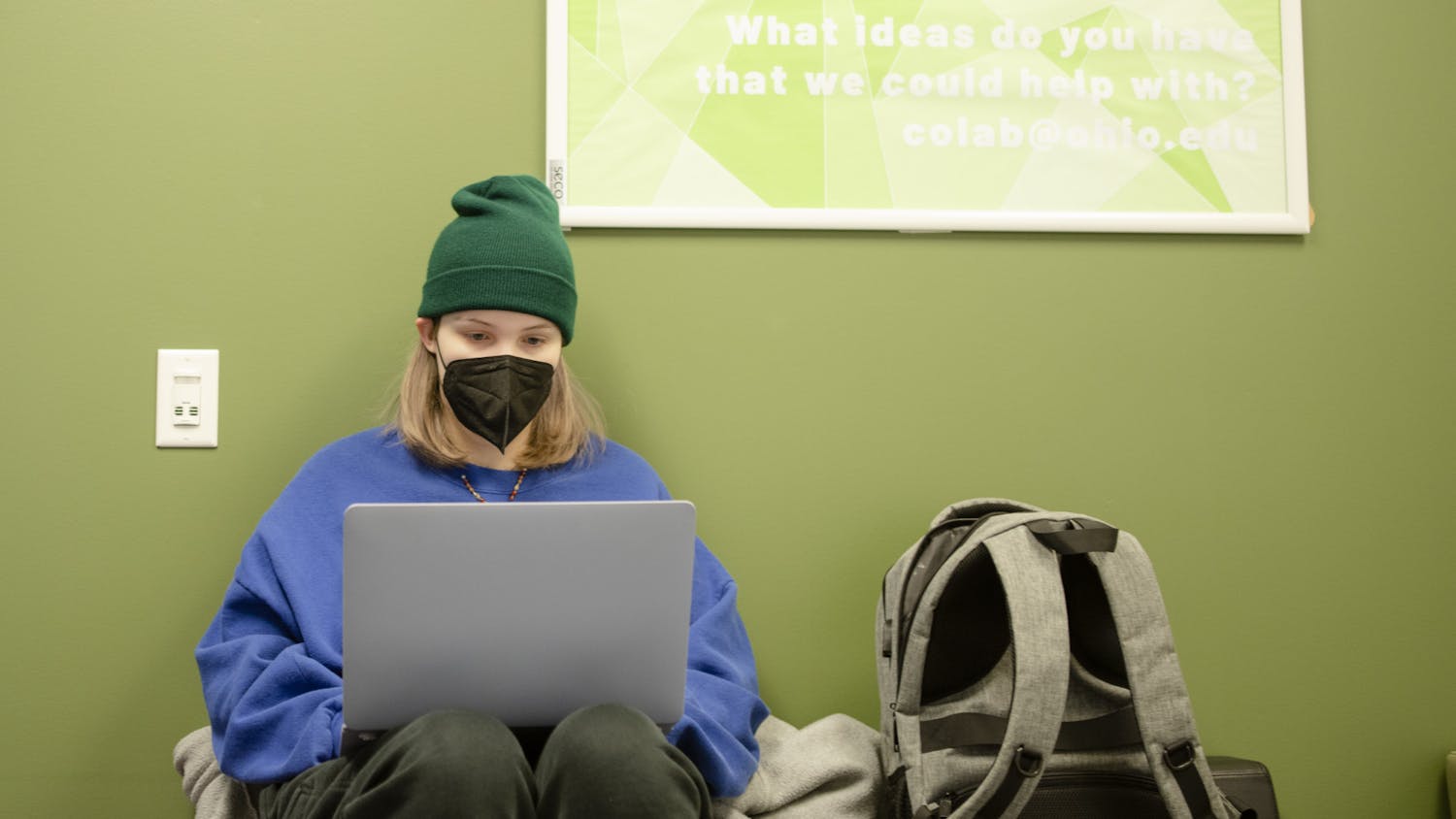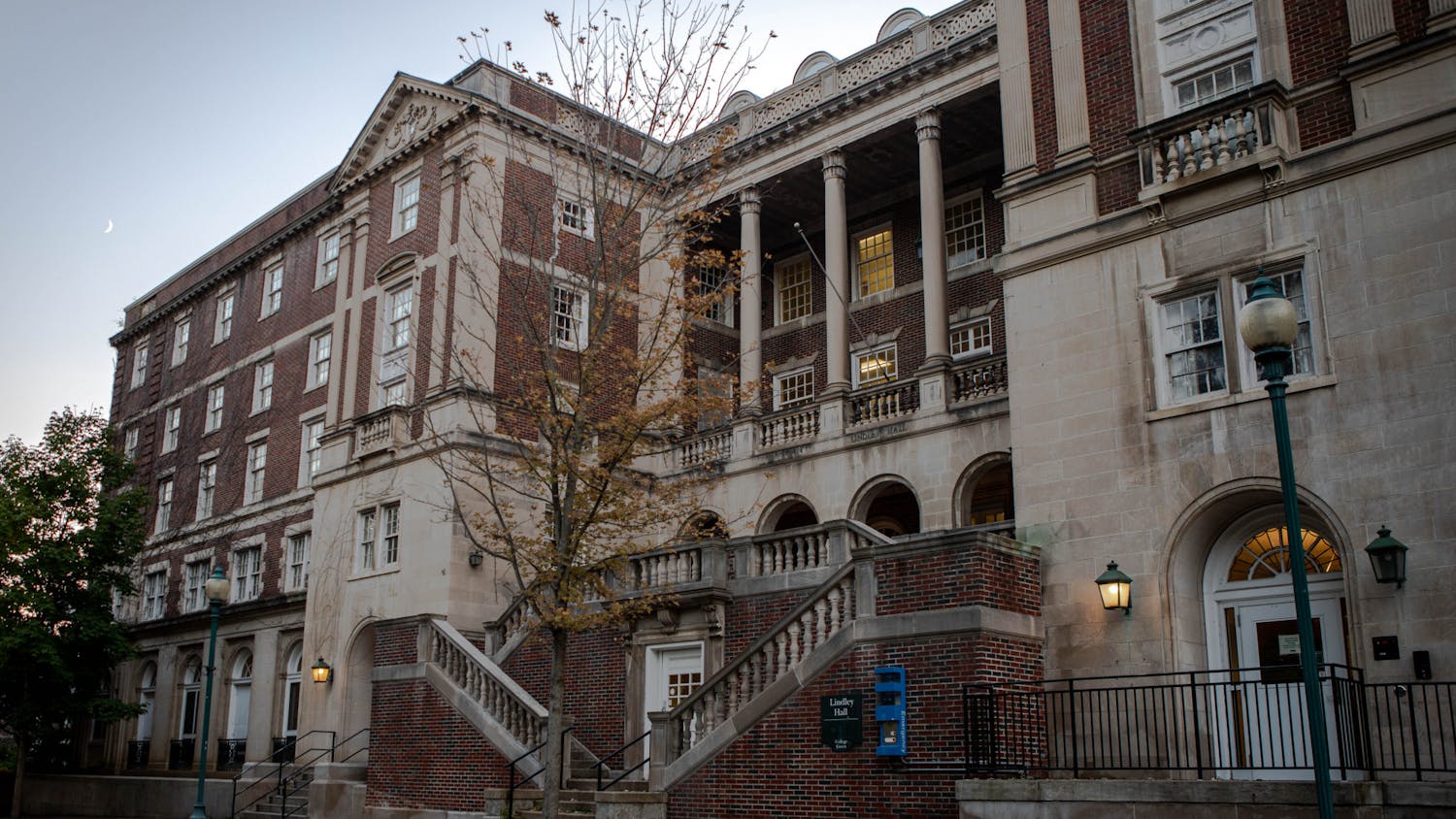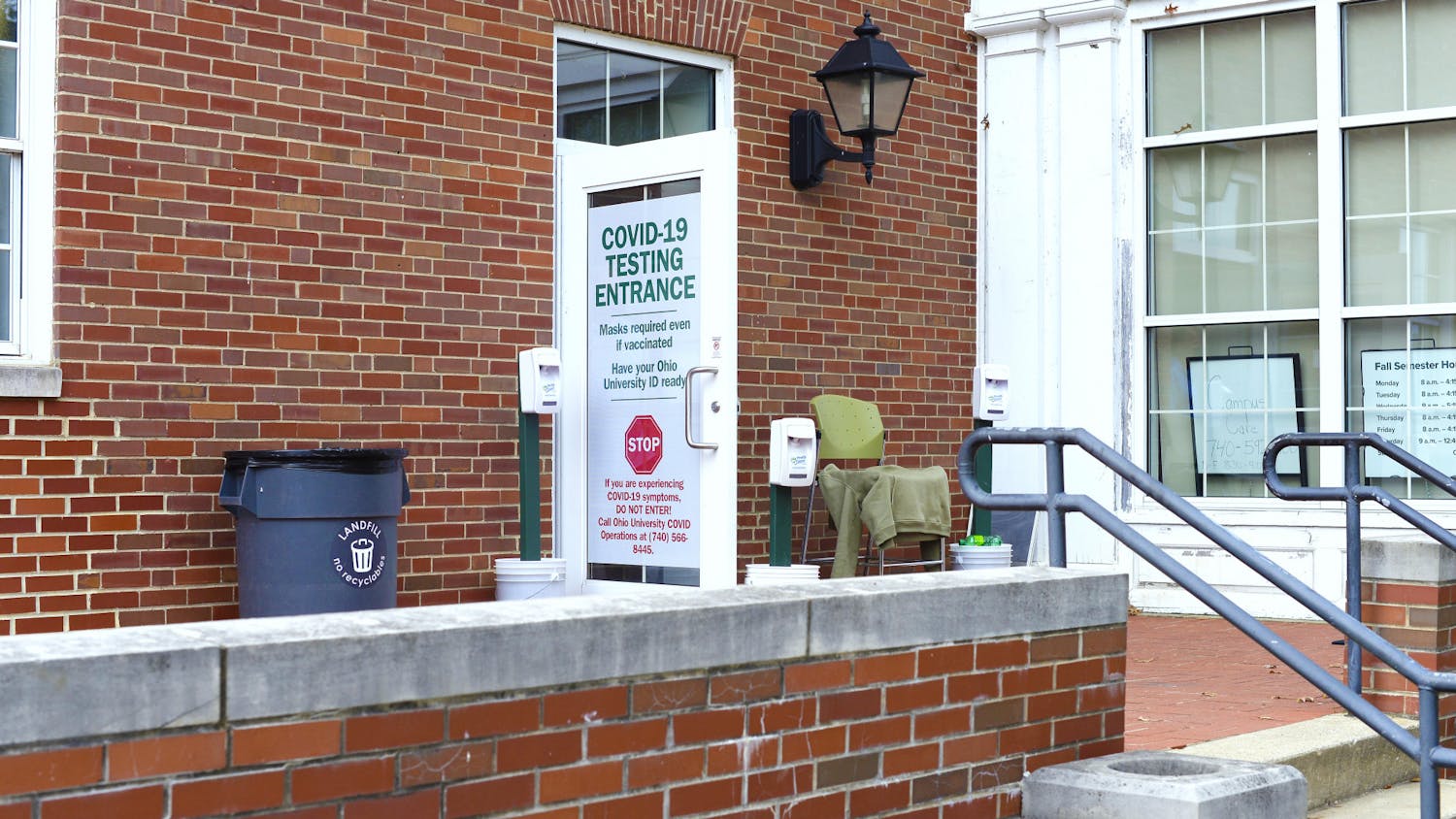Ohio University’s Counseling and Psychological Services, or CPS, and OhioHealth’s Campus Care, located in the Hudson Health Center, continue to utilize telehealth appointments to avoid possible COVID-19 exposures.
Through OU’s partnership with OhioHealth, the Campus Care service provides urgent care as well as a primary care clinic.
OU provides $660,000 yearly in funds collected from general fees, tuition dollars, state allocations and other revenue, Jim Sabin, a university spokesperson, said.
OhioHealth pays for Zoom for Healthcare, a Health Insurance Portability and Accountability Act, or HIPAA-compliant program, used to provide telehealth appointments to OU students, Jane Balbo, a family physician at OhioHealth Campus Care at OU and assistant professor of family medicine at the OU Heritage College of Osteopathic Medicine, said.
The utilization of telehealth services by medical and mental health professionals accelerated during the pandemic, Randall Longenecker, a professor emeritus of family medicine at the OU Heritage College of Osteopathic Medicine, said.
Depending on a patient's reason for scheduling an appointment with a medical professional, the appointment may be offered over Zoom for Healthcare, Balbo said.
David Spielman, an undecided freshman, had a virtual visit with Campus Care during the Fall Semester. Spielman said he was unaware in-person appointments were available.
If a patient feels they may have COVID-19 or are experiencing COVID-19 symptoms, they are encouraged to stay home and engage in a telehealth visit. However, the patient still has the option to have an in-person examination, Balbo said.
In-person examinations are typically the most reliable and efficient ways for a physician to determine a diagnosis, Longenecker said.
“Telehealth is an excellent tool, but it is very limited,” Longenecker said. “People think that because they've had a telehealth visit, it's the same (as an in-person visit), and it's not.”
Medical insurance companies can also determine whether a telehealth visit is an option for patients. Typically, annual wellness visits must be conducted in person to be covered by insurance, Balbo said.
“There are some (instances in which) insurance requirements mean that the patient has to have an in-person visit. For example, that would be your annual adult health exam or your well-exam, pap test, prescription of birth control,” Balbo said. “It has to do with how insurance is billed for those preventive visits, and medical insurance companies do not allow providers to do telehealth visits for well-visits.”
For students visiting Campus Care, it is recommended to know whether their health insurance covers telehealth visits or not, Balbo said.
Balbo, like many other health care providers, requires a yearly in-person visit for her patients using controlled substances, such as ADHD medication and testosterone.
“I can still bring people into the office. It's my judgment as a provider … but I require that my patients have at least one in-person visit per year and so do many other providers,” Balbo said.
Telehealth is also used by CPS to offer psychiatry services, group therapy sessions, individual therapy sessions, consultations, referrals, crisis interventions and the Coping Clinic to OU students, Paul Castelino, director of CPS, said. However, in-person sessions can be requested by the student or suggested by the CPS provider.
“Not all mental health concerns are clinically appropriate for Telehealth services,” Castelino said in an email. “Telehealth is not appropriate when having a crisis, acute psychosis, or suicidal or homicidal thoughts.”
Spielman said he has used CPS services through telehealth. He has found clear advantages and disadvantages to the virtual forms of therapy sessions.
“In terms of the individual counseling, that was totally fine, but one time I did the Coping Clinic, which was over Zoom, and it was really hard to hear, and it felt very disconnected,” Spielman said.
Finding confidential spaces to talk to a CPS provider was also difficult to find, Spielman said.
“One time, my roommate was sleeping and I had nowhere to go, so I was scrambling around,” Spielman said. “I ended up going for a walk somewhere really far away and sitting outside.”
Despite its challenges, telehealth, in general, works to make healthcare more accessible, Longenecker said.
“I do think it is a necessary resource,” he said.






